Jakarta, MINA – Executive Director of the Institute for the Study of Food, Medicine, and Cosmetics of Indonesian Ulema Council (LPPOM MUI) Muti Arintawati encourages increased legal awareness of business actors regarding mandatory halal certification.
She reminds the first phase period of halal certification mandatory will be closed on October 17 2024. This means after the specified date there will be sanction if products circulating in the community are not halal certified.
“We are implementation process of completed Halal Products Guarantee. In approximtely 10 months the deadline of the first phase of halal certification mandatory, especially for food and beverage products ended. This awareness is also important convey to business actors, especially to micro, small, and middle enterprises,” Muti said LPPOM MUI Media Gathering on Jakarta on Thursday.
He explained that the sanctions that will be given if you do not have halal certification range from written warnings, administrative fines, to withdrawing goods from circulation. In accordance with the provisions in PP Number 39 of 2021, the maximum administrative fine is up to two billion rupiah.
Also Read: Thousands Arrive for “1,000 Volunteers for Gaza Reconstruction” Assembly in Jakarta
Meanwhile, based on Law no. 33 of 2014 and its derivatives, there are three groups of products that must be certified halal as the first phase ends on October 17 this year.
First, food and beverage products. Second, raw materials, food additives and auxiliary materials for food and beverage products. Third, slaughtered products and slaughtering services.
Muti also added that after the first stage, the limit for the second stage of halal certification obligations for the cosmetic product group, traditional medicine, supplements and consumer goods will be in effect until 2026.
Furthermore, the deadline for the third phase of halal certification obligations for products in the over-the-counter medicines and limited over-the-counter medicines group will end in 2029.
Also Read: KH Anwar Iskandar Re-Elected as Chairman of Indonesia’s Ulema Council for 2025–2030
The final deadline for mandatory halal certification for products in the hard drugs and vaccines group will end in 2034.
LPPOM MUI is an experienced and competent Halal Inspection Institution (LPH) for 35 years, until now has 34 branch offices in Sukuru, Indonesia and four overseas representative offices (China, Taiwan, and two in South Korea)
As a country with a Muslim majority population, of course Indonesia needs a guarantee of the halalness of the products they will consume. This is because halal products are a necessity for every Muslim.
In Law Number 33 of 2014 concerning Halal Product Guarantees (UU JPH), Indonesian Muslim consumers have received a guarantee of the halalness of the products they consume. This is because the JPH Law contains regulations regarding halal certification, halal labels and non-halal information.
Also Read: MUI Warns Government of Risks Behind Proposed Stabilization Force Deployment to Gaza
Muti added, as the first and largest Halal Inspection Institution (LPH) in Indonesia, the institution he leads continues to strive to accelerate halal certification inspections, in accordance with the mandate of PP Number 39 of 2014 concerning Implementation of Halal Product Guarantees.
In carrying out its duties, LPPOM MUI is supported by three important pillars, namely competent auditors, accredited laboratories, and an online service system, namely CEROL-SS23000.
Since 2016, the LPPOM MUI Laboratory has received accreditation recognition from the National Accreditation Committee (KAN) SNI ISO/IEC 17025: 2017 for international standard laboratory testing. Apart from that, it is supported by the online-based OLIGO-LS system.
The services provided by the LPPOM MUI laboratory include special testing for halal, such as testing pig DNA with real-time PCR, ethanol residue with GC-FID, special pork protein with a rapid test, and water penetration test (for cosmetics) with the method inhouse.(T/RE1/P2)
Also Read: Prof. El-Awaisi: The Mandate to Liberate Al-Aqsa Began at Prophethood
Mi’raj News Agency (MINA)






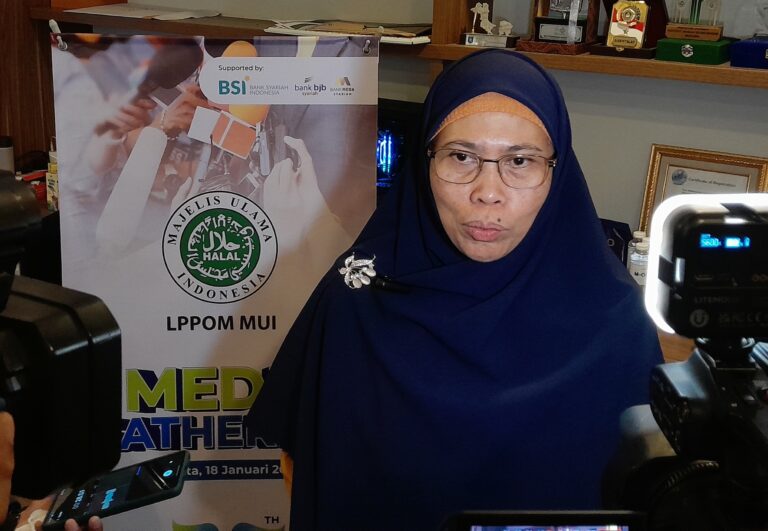


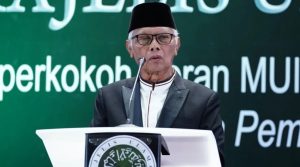






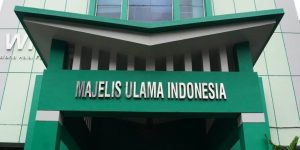
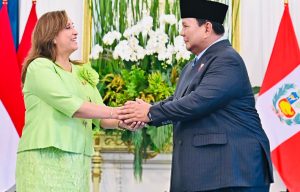



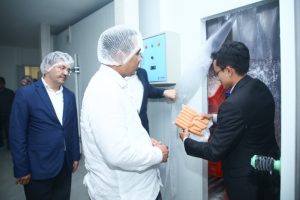













 Mina Indonesia
Mina Indonesia Mina Arabic
Mina Arabic